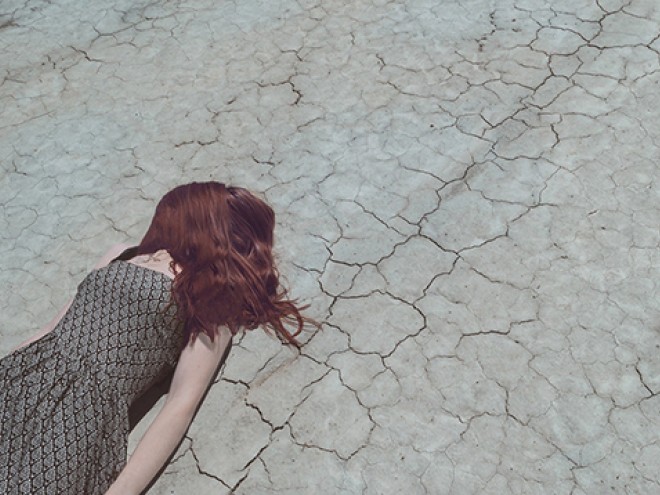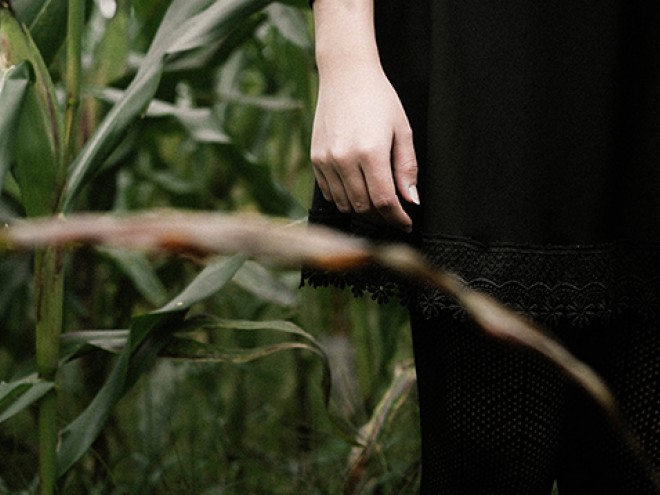Oedipus in Brooklyn is a varied and rich collection of short stories and personal essays by Blume Lempel (1907 – 1999), masterfully translated from Yiddish by Ellen Cassedy and Yermiyahu Ahron Taub. Lempel, whose work was widely published in Yiddish journals, immigrated to New York when Hitler rose to power, and her writing reflects the trauma of witnessing, from a distance, the devastation of the world she left behind.
The collection combines works from the two books of stories that Lempel published during her lifetime. The pieces, set in Galicia, France, and America, offer a wide array of characters and situations, but share in the intimate portrayal of the emotional and psychological experience of knowing that human beings are capable of horrifying acts of violence, and trying to live with that knowledge. Some stories deal more directly with her experience and preoccupations. Others are about the culture of her American surroundings, but harness these new settings to express her primary concerns — a female voice, disempowerment, memory of trauma, emotional survival over human cruelty, faith and doubt.
Lempel brings together sharp and unexpected images in ways that make the internal and the external, the past and the present, seem to converge and speak through one another toward some greater truth about suffering and longing. The stories move not only through plot arcs but also, and perhaps more significantly, through waves of emotion: grief, horror, acceptance, longing, that are conquered through the act of storytelling. The stories seem to bear the privacy of intimate thought that the author is hesitant to share with the world, and a sense of an urgent mission to make the most private experiences known, so that writing and reading become acts of survival in the midst of the unspeakable, the inexpressible.
Lempel’s writing gives a woman’s voice to controversial topics such as abortion, incest, divorce, and rape. But perhaps more strikingly, her work gives voice to women’s internal thoughts and experiences in moments in which they appear to have surrendered selfhood. The women in her stories have mental autonomy even when their bodies have become mere objects of male desire and abuse. Their thoughts are not necessarily empowering, rather they draw the reader in to the experience of being disempowered. In “Images on a Black Canvas,” for instance, Zusye, who was repeatedly sexually abused in exchange for life-saving protection during the Holocaust, experiences physical and psychological consequences of her abuse, devastatingly punishing herself with self-torment for her own survival and her own victimhood. In “The Debt,” a woman prone on an operating table, undergoing an abortion, takes in her surroundings and feels the sharp pain of the operation as she reflects on the desperation that brought her to this moment, and the fragment of hope that her life could be different. In several cases, the stories center on descriptions of women who make themselves passive to needy men’s desires – a mother who gives in to her blind son’s sexual desire; a girl who silently allows her adopted brother, a Holocaust survivor, to touch her naked body; a vibrant, beautiful young woman who out of pity for a tubercular neighbor surrenders herself to his desirous arms. Each of these women experience a burden of guilt that seems to require them to surrender their own bodies to assuage male suffering through female submissiveness.
The stories are literarily thick, referencing Ibsen, Tolstoy, Shakespeare, Greek mythology and the Bible, even as they are documentarily unyielding in their simple, jarring matter-of-fact presentation of details of violence and pain. And, even in their representation of victimhood, abuse, suicide, and suffering, they are surprisingly hopeful, imbued with a sense of mission, a hope for survival when survival itself is so doubtable. As Lempel writes in her story “Even the Heavens Tell Lies,” “I’m seeking the faith that I’ve lost, a way out of chaos, a place where my broken self can put down roots.” Ultimately, the collection leaves the reader with this sense of questioning, of searching for a way forward through overwhelming darkness and pain which can be somehow redeemed through the act of writing.
Visiting Scribe: Ellen Cassedy and Yermiyahu Ahron Taub
Oedipus in Brooklyn? And in Yiddish?
Hidden in Plain Sight: Discovering Yiddish Literature’s Elena Ferrante





